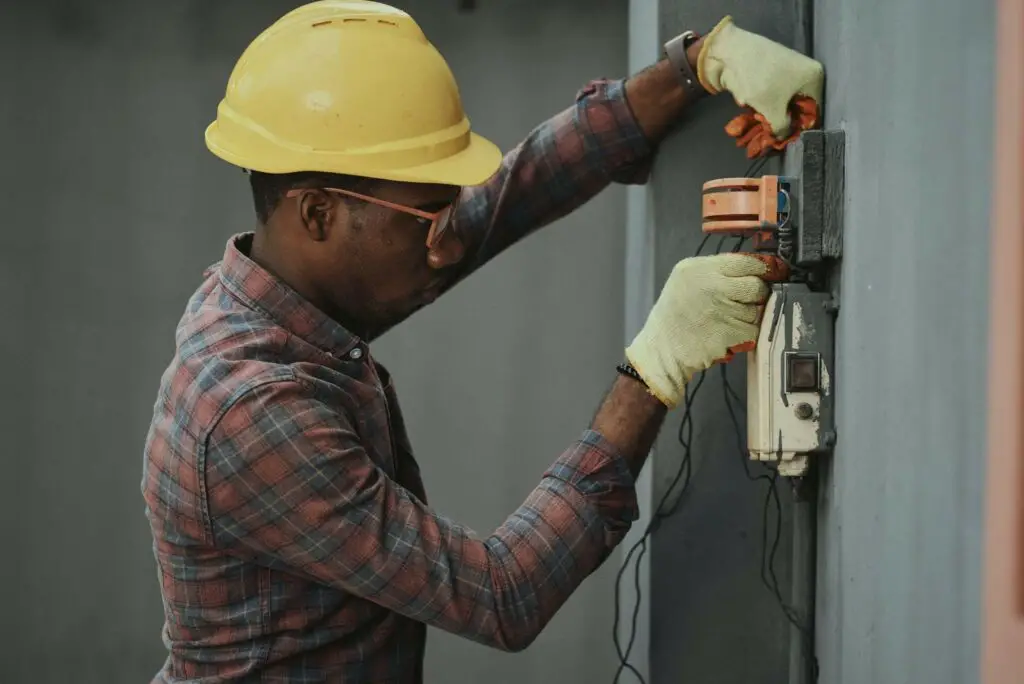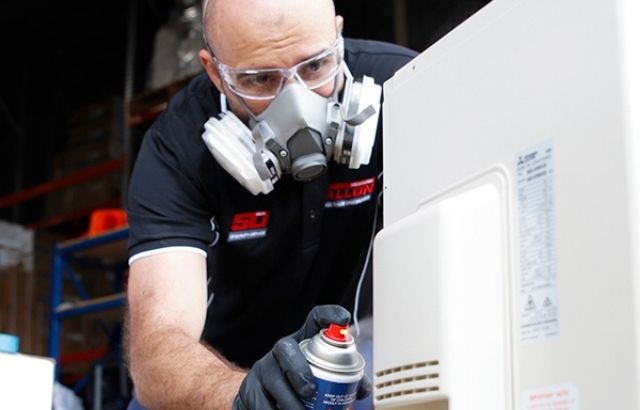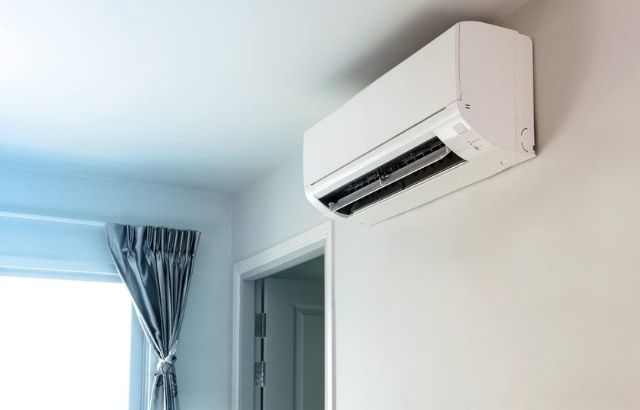Wires are an essential component of every home because they supply the energy that operates our bulbs, gadgets, and technological gadgets. However, when wires become overloaded, they can cause a significant fire. Fortunately, you may take numerous precautions to keep your home’s cables from scorching. Overheated wires may spark fires in houses and businesses. These fires frequently originate in places concealed from view, such as attics, crawl spaces, and walls. That is why it is critical to evaluate your wiring regularly and to take precautions to prevent wire overheating in your house. Let’s learn how to prevent the overheating of wires at your home.
What Causes the Overheating of Wires at Your Home?
Let us look at a few reasons the wires of your home can overheat:
Loose Connections
A tight connection is needed between the wires in an electrical outlet. If this loosens, it affects the flow of the current, which can then lead to overheating.
Corrosion and Damage
Corrosion and other damage to wires or contacts in an outlet can lead to increased electrical resistance and subsequent overheating.
Power Surge
A power surge is a sudden increase in electricity flowing through a circuit. This can happen when lightning strikes a power line or when it is damaged, and electricity begins flowing through it erratically.
Over time, power surges can cause damage to wires and other electrical components, leading to overheating. When the demand for electricity increases, the cables can become overloaded, and this can cause them to overheat.
Suppose you have a lot of appliances in your home that are seeing power surges and are likely to do so for the foreseeable future. In that case, we recommend using a 40 amp breaker as it can protect your appliances from power surges. Before getting started, look up the perfect wire size for a 40-amp breaker.
4 Methods for Preventing the Overheating of Wires at Your Home
Add More Circuits
A significant reason your house wires are overheated is a lack of electrical circuits. Single circuits are used in certain homes to provide energy for many applications.
A single circuit may simultaneously power microwaves, a toaster, a fridge, a blender, and an induction grill, just as in a kitchen. Similarly, a single circuit is utilized in other homes to power the bathroom and an adjoining bedroom.
This results in the circuit getting overloaded, which warms up the residential wiring. If not treated, it might lead to a fire outbreak. For this reason, we usually advise adding extra circuits to prevent the overheating of wires at your home.
So, depending upon the amp of the circuit, the number of electronics you can run on it can vary. Like you could easily run four ceiling fans on a 20 amp circuit. But the number of appliances might be different depending on certain factors.
Use a Proper Circuit Breaker
Suppose your wires continue overheating as more current than they can manage flows through them. In that case, a circuit breaker (or fuse) is the ideal answer. If the quantity of power traveling through the circuit breaker reaches a specific limit, it will cut off all current.
A good example is when you’re using water heaters in your home. If the wiring can’t bear the load required to run it, then the water heater will cause the circuit breaker to trip to prevent the overheating of wires at your home.
But if you already have a circuit breaker and find it isn’t tripping, you should check it out. The reason could be that the wires in the socket are frayed, have loose contacts, or are contacting.
Despite the presence of impedance, a weaker electrical connection can generate current. This flaw might cause the wire and plug to overheat. A faulty connection indicates that current can pass through the cables despite the resistance.
The same bottleneck may get your wires hotter, perhaps resulting in a home fire. If your circuit breaker still isn’t tripping, it might be that a separate high-amp fuse or breaker was installed before you moved in.
Use Suitable Enclosure
An appropriate enclosure protects electrical wires from overheating by confining them in a substance that does not permit heat to travel through easily. Metal, a great heat conductor, is the most commonly utilized material.
The heat created by the cables is kept from escaping and heating the surrounding environment by enclosing them in a metal cage. This keeps the wires from overheating and catching fire.
The enclosure’s size is also significant. The casing ought to be large enough to accommodate all the cables that must be protected. If the enclosure is too tiny, holes will form through which heat can escape. This defeats the objective of the enclosure and may still result in wire overheating.
In addition, the enclosure should be appropriately aired. This is required to allow the heat to evaporate. If the enclosure is not adequately vented, heat will accumulate within and cause the wires to burn.
Rewiring
Rewiring is the ideal technique for removing the bulk of the elements that lead to heating the cables hanging through your home.
Large-diameter wires with low impedance to the current route can be used. Furthermore, if your property has aluminum wiring, substitute it with copper.
If changing the complete wiring is too costly, you can attach copper wire connections. However, remember that this is only a temporary solution. You will ultimately need to have your current aluminum wiring with copper wires.
You may avoid scorching cables in your house by utilizing larger gauge wires. This is because bigger diameter wires provide less resistance. They may replace your home’s wiring as needed.
Final Words
As we have mentioned before and doing so again to put emphasis, overheated wires are a severe fire hazard in the home. By following the five tips in this article, you can easily prevent this overheating of wires at your home.
We hope the article helped you figure out what causes the overheating of wires and its prevention. Also, remember it’s essential to be proactive about the issue.




